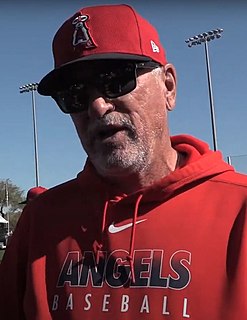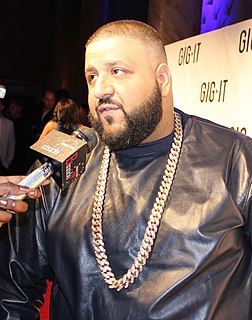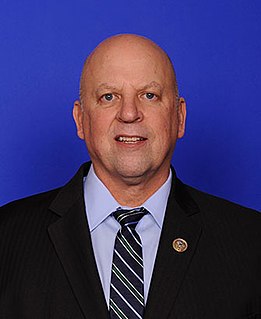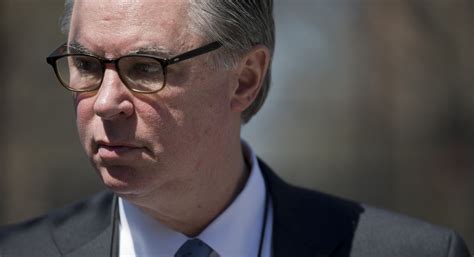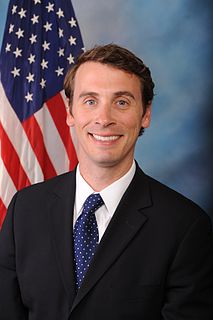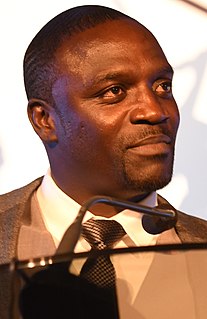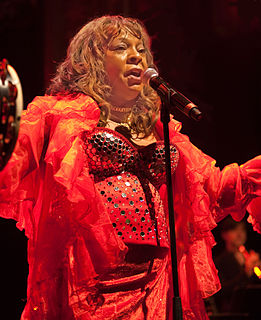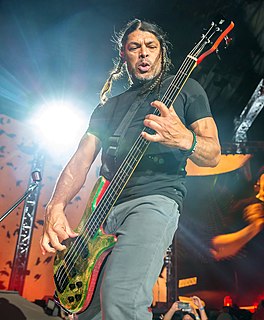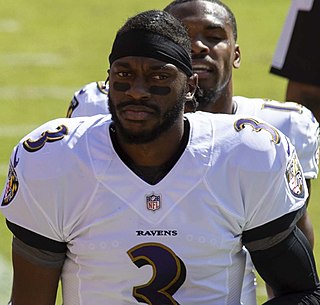Цитата Спенсера Пейсингера
Это восходит к моему отцу и моим дядям. Все они получили разрешение на поступление в среднюю школу Беверли-Хиллз еще в 70-х и начале 80-х. После окончания колледжа они вернулись и стали там футбольными тренерами. Так что я был там с разрешением.
Связанные цитаты
Например, я сейчас в отеле в Беверли-Хиллз. Я сказал себе: «Чувак, здесь так красиво. Если бы я когда-нибудь переехал в Лос-Анджелес, я бы, наверное, захотел купить дом в Беверли-Хиллз». Дело в том, что когда я покидаю Беверли-Хиллз, [я понимаю], что в Беверли-Хиллз нет винных погребов. Когда я уезжаю из Лос-Анджелеса и возвращаюсь в Майами, или если я еду в Нью-Йорк, я думаю: «О, чувак, вот и винный погреб». Я говорю, что вы не можете забыть реальность. Иногда люди принимают успех и забывают о реальности.
И это одна вещь, которую люди не понимают, это то, что у нас очень низкие процентные ставки, и если они возвращаются к историческим уровням или даже возвращаются к страшным мыслям о том, что они вернулись в конец 70-х, начало 80-х, тогда это будет действительно трудно на самом деле погасить эти долги. Это будет... это будет очень большая проблема.
Вы всегда отдаете должное там, где это необходимо - школьным тренерам, тренерам колледжей, - но мой отец, фундамент, который он построил вместе со мной, - это то, откуда все это взялось. Скорость, целеустремленность, мышление, просто естественная вера в то, что ты можешь сделать все, что захочешь, — все это исходит от моего отца.

